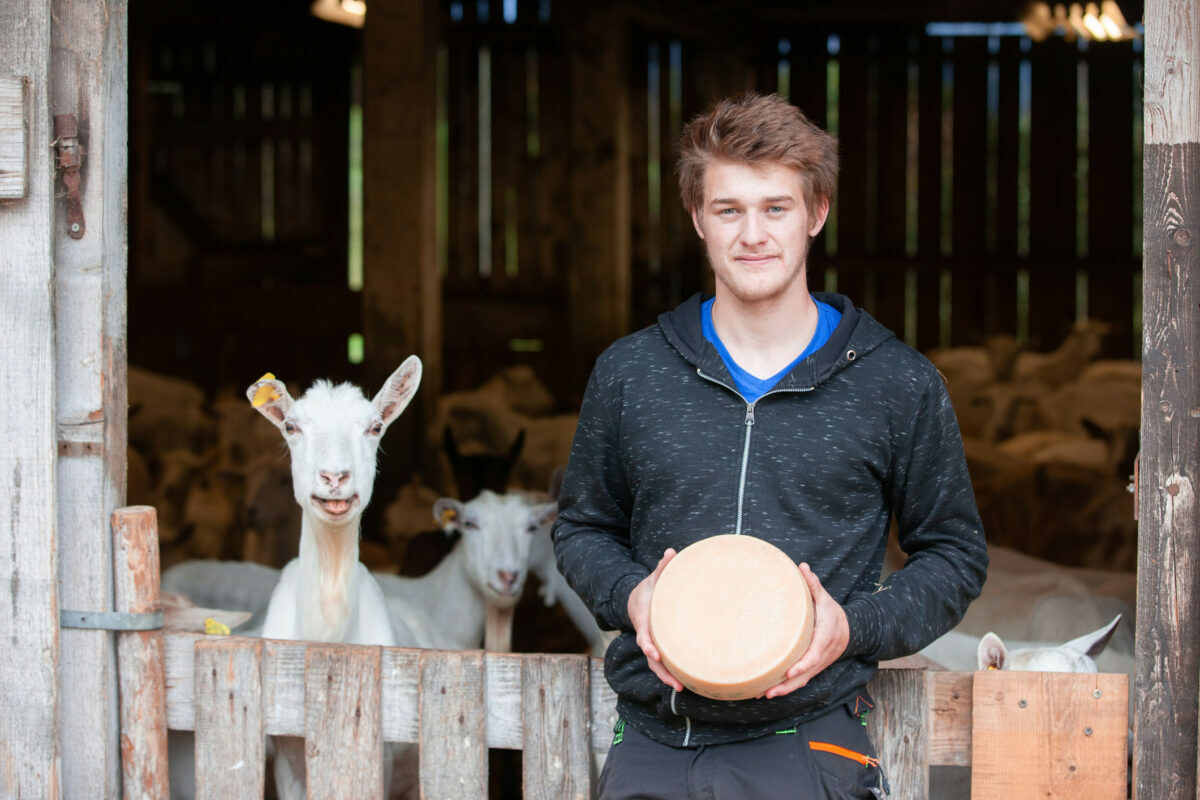Government announces new farming subsidies as part of the Sustainable Farming Incentive

The Department for Environment, Food & Rural Affairs and Rural Payments Agency is speeding up plans to roll out its Sustainable Farming Incentive (SFI), asking farmers to follow a range of new ‘paid actions’ to help them profit while producing food more sustainably.
The incentive, which is a part of the Government’s wider Environmental Land Management schemes aims to encourage farmers to take up a range of paid actions including managing hedgerows for wildlife, planting nectar-rich wildflowers and controlling crop pests without insecticides.
Following these standards will help food production become more efficient in the years to come and will help the UK move closer to reaching net zero, the Government says.
An extra six standards will be incorporated into the SFI this year, allowing farmers to be paid for their work around hedgerows, grassland, arable and horticultural land, pest, and nutrient management. These standards build on three which were introduced in 2022 – boosting soil health, recognising how moorlands benefit the public, and improving animal health and welfare. Approximately 1,900 farmers have been said to have delivered on these so far.
Environment Secretary Thérèse Coffey said in a statement: “Farmers are at the heart of our economy – producing the food on our tables as well as being the custodians of the land it comes from.
“These two roles go hand-in-hand and we are speeding up the roll out of our farming schemes so that everyone can be financially supported as they protect the planet while producing food more sustainably.”
Information regarding how much farmers will be paid for their actions will be available later today on the Gov.uk. However, The Guardian has reported they could be paid anything from £10.38 for building a skylark plot, £22 per hectare for managing soil health, between £120 and £150 to maintain sphagnum moss to capture and store carbon, and up to £1920 a hectare for managing land to produce fruit organically.
The SFI replaces the EU’s Common Agricultural Policy (Cap) which the UK lost access to post-Brexit. It is said to differ from Cap as it intends to promote the protection of nature and the environment.
Kitty Hamilton, a mixed farmer from East Lincolnshire, said: “The big positive of the SFI pilot is the flexibility, which we really like. We were able to retain habitats from previous schemes which we were really proud of. The pilot fits well with our current and planned farming methods, which means it’s gently nudging us towards a more regenerative system.
“The fact that we can layer the standards, and use all of the land on the estate, means that we can generate a good income. Generally I’ve enjoyed engaging with the learning activities, helping us to upskill professionally and personally within our organisation.”
The Government will also introduce an improved Countryside Stewardship scheme by the end of 2024, called Countryside Stewardship Plus. The enhanced scheme will make an extra 30 payable actions available to farmers. Applications for the Higher-Tier grants in the scheme open in February, while Mid-Tier applications open in March.
Farmers can currently take more than 250 paid actions under the Countryside Stewardship initiative, which has seen a 94% increase in uptake since 2020, according to the Government. The scheme rewards farmers for working together with neighbouring farms and landowners to reach climate and nature goals. Some of the paid actions include managing floodplain meadows to reduce flooding risk and improve biodiversity, restoring and maintaining peatland for carbon capture and storage, as well as improving and controlling woodland to prevent drought and enhance its climate resilience.
Defra has also confirmed it is opening applications for the second round of the Landscape Recovery scheme in the next few months. The initiative will support large-scale nature recovery projects led by groups of tenant farmers and land managers working collaboratively. The projects could include creating and enhancing woodlands, peatland, nature reserves and protected areas like ancient salt marshes, wetlands, and woodlands. Last year, the Landscape Recovery scheme supported 22 projects which aim to restore around 700km of rivers and protect 263 species.
The SFI has generally been seen as a beneficial scheme for farmers who took part in the pilot. Some campaigners however have criticised the scheme, saying while the new incentives are welcome, they aren’t enough to make significant sustainable changes.
Head of Farming Policy, Gareth Morgan at the Soil Association said: “The government is failing to make clear how they will give farmers confidence to invest in the radical changes needed for a resilient and sustainable, agroecological farming sector.
“The new incentives for agroecological and organic farming practices – like avoiding insecticides and using legumes for soil fertility instead of chemicals – are welcome. But information on the promised organic standard or any clarity for our sustainable farming pioneers is still missing. Support for game-changing action like planting more trees on farms is also desperately needed.”








